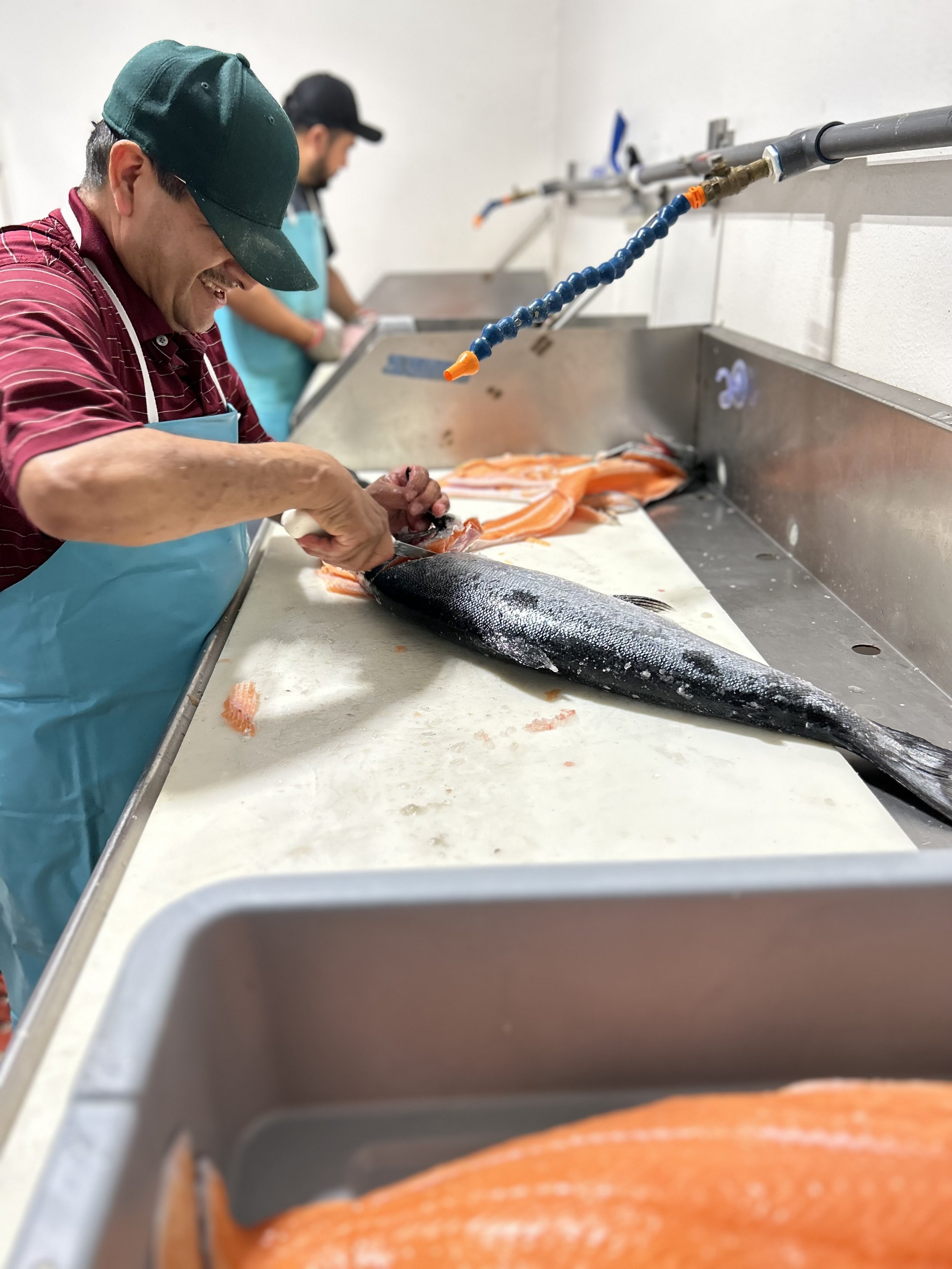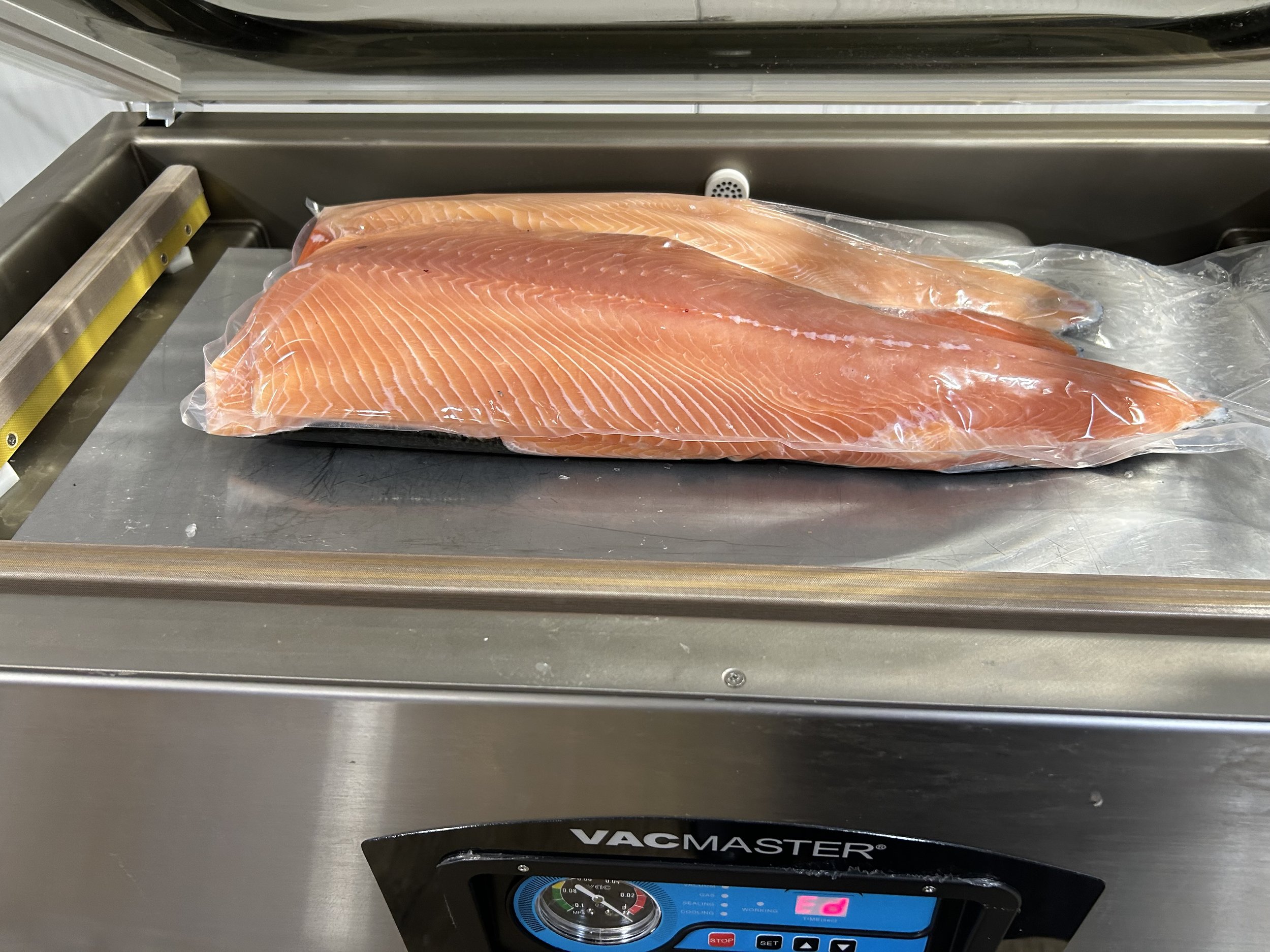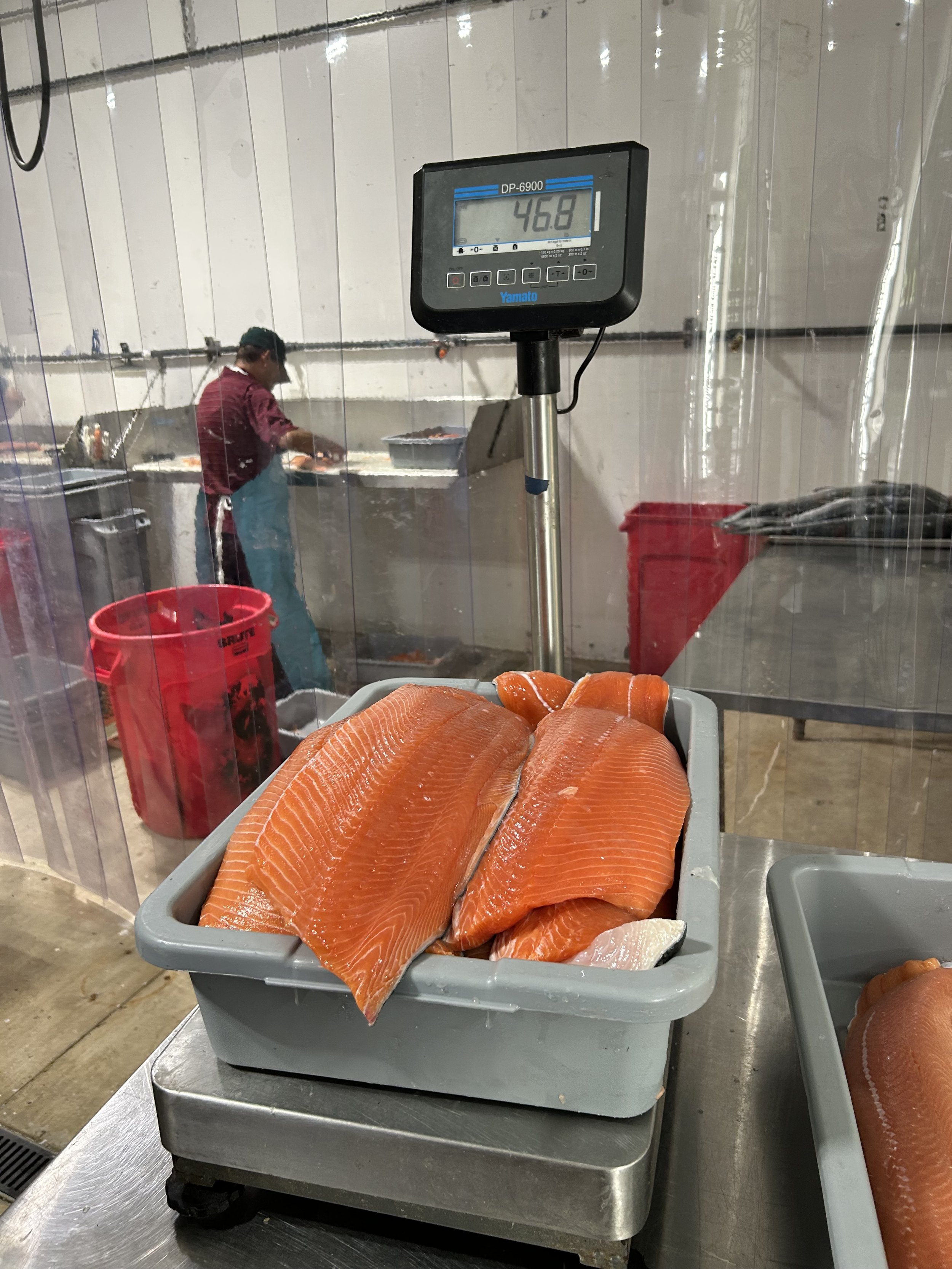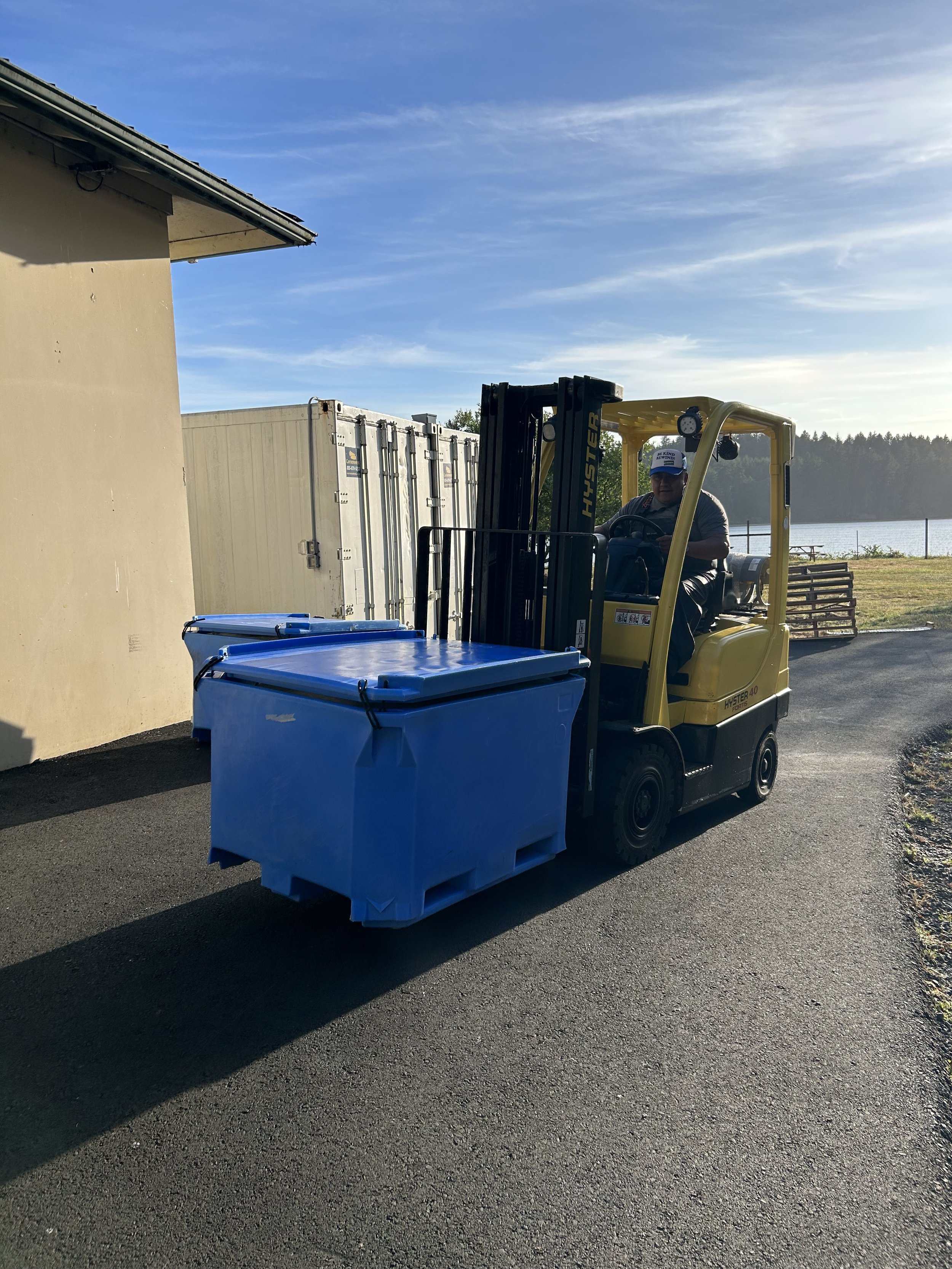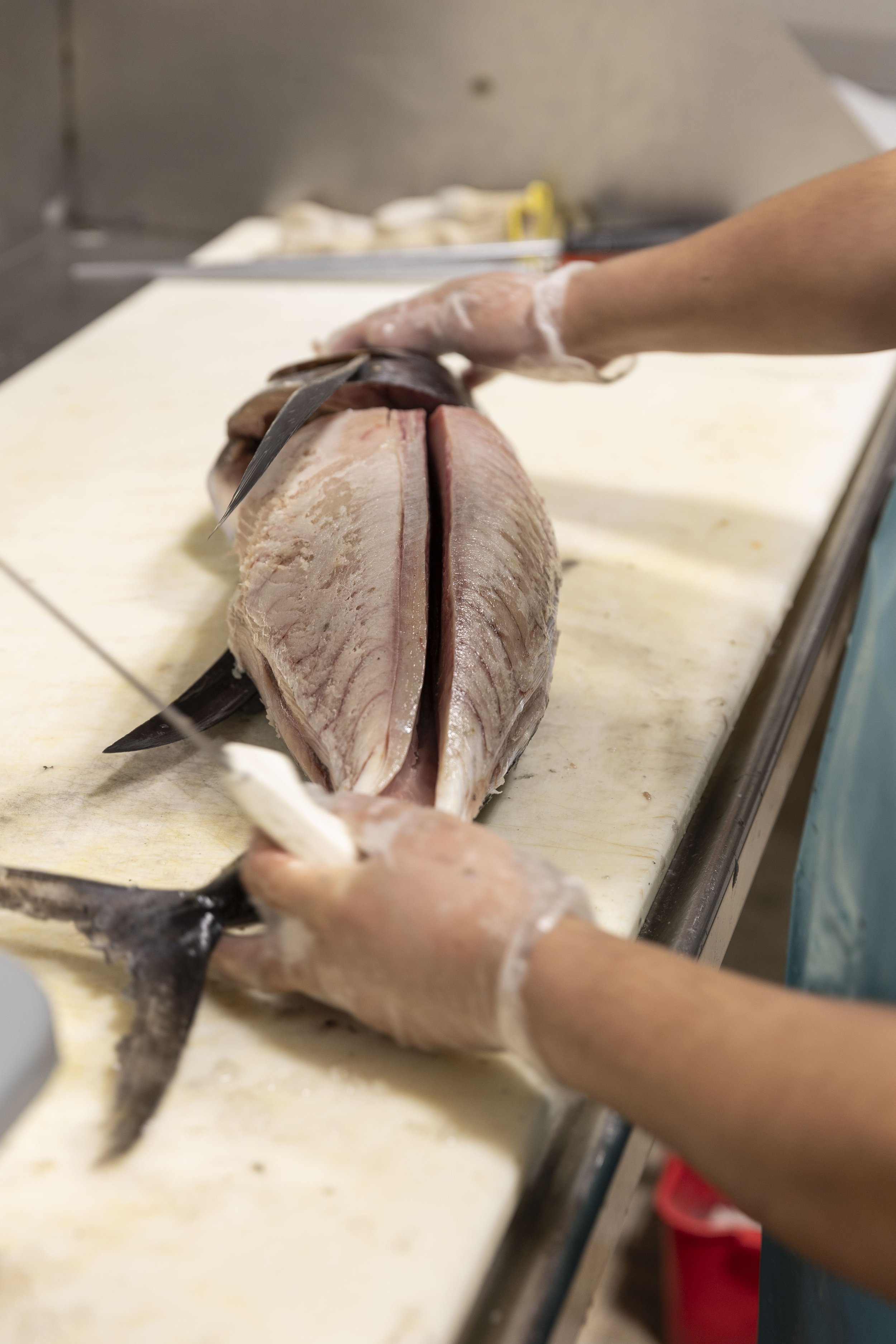Central Coast Food Web at Yaquina Lab
Here at Local Ocean, we buy a lot of fresh catch. Directly from the docks, sometimes over 6,000 pounds at a time. Fish are filleted and stored a few miles from the restaurant, making the word "local" in our name no idle boast. This is no small feat and requires a lot of space for filleting and freezing local catch.
All this happens only a few miles upriver from the restaurant at newly developed Food Hub. At the Yaquina Lab you might find OoNee Sea Urchin Ranch cracking purple urchins, Safe Harbor Seafoods smoking tuna belly, or Seal Rock Seafoods cooking crab for various farmer's markets. And of course, Local Ocean's own expert filet team processing thousands of pounds of fresh catch onsite.
Central Coast Food Web at Yaquina Lab
”The Lab” has been a game changer for Local Ocean, but vision for the space was always larger: developing infrastructure for an ecologically-sound regional food hub. In 2023, the nonprofit Central Coast Food Web took over the lease on the facility, widening its scope to include farmers and ranchers as well. CCFW wants to keep local food on local plates.
Sara O'Neill knows how it goes. Central Coast Food Web's co-executive director of communications runs a family farm in Siletz raising sheep, cattle, vegetables and flowers. She has firsthand experience in the roadblocks of bringing a product to public market.
"For a small, sustainable operation, the idea that you can do the heroic work of bringing a product into existence and then also have the time and wherewithal to market and vend that product is unrealistic," O'Neill says. "It's really hard, and it leads to a lot of burnout."
Lincoln County's new nonprofit offers local food producers a number of resources. There are office spaces and conference rooms available, large-scale refrigeration, freezer and dry storage, and plenty of space for processing the coast's natural bounty.
"The star of the show is our seafood processing and packing area," O'Neill says from a sunny conference room overlooking the Yaquina Bay. "We offer low-cost and low-risk rentable space. Not every single producer or business has to build, maintain, license and insure their own facility. Instead they can rent space only when they need it."
O'Neill compares CCFW's offerings to an a la carte restaurant menu. "You can use the space for what you need, you're able to tailor it for your business. We're here to offer a suite of tools. You can sell ten jars of jam, you can sell 100 jars of jam. It's about scalable success."
A full commercial kitchen and more industrial freezer space are on the 2024 construction docket and a commission-based online market is currently in the testing phase. The market will be available to individuals, restaurants, and wholesale retailers. Public demand is certainly there, says O'Neill. "The community wants to support the people who feed us."
Which brings us back to suppliers and a common problem. "One of the biggest barriers is lack of staff," O'Neill says. Central Coast Food Web will provide not only a transaction platform, but customer service, marketing, pickup locations and more, letting producers put their focus on growing and harvesting.
CCFW is looking to onboard more local producers in 2024. "I want to hear from fishers and farmers," says O'Neill. "We want to hear what set of conditions would create profitability, or economic sustainability, for them. What they need to make that happen."
Spread the word, friends. The Yaquina Lab is for the community, by the community.
